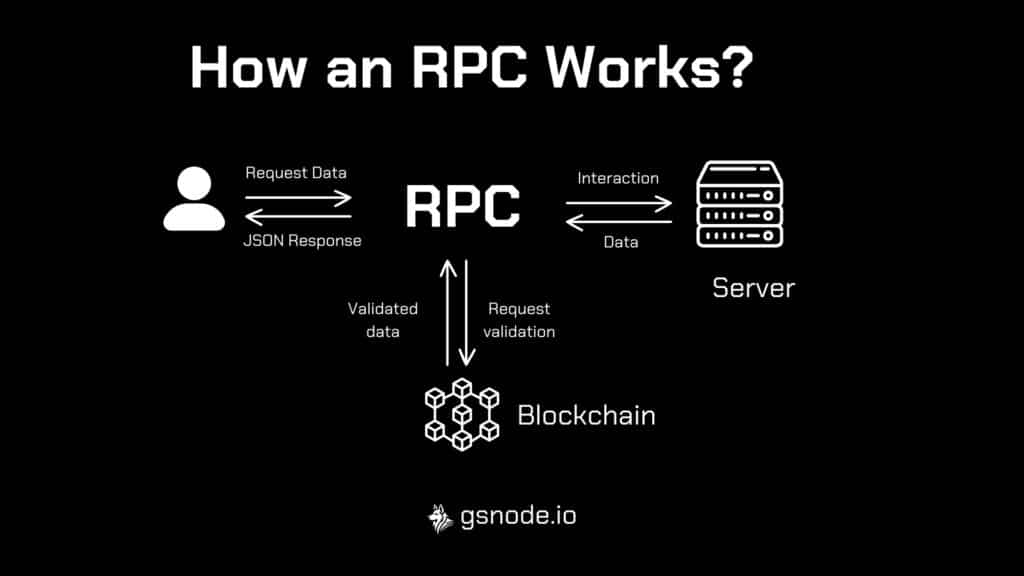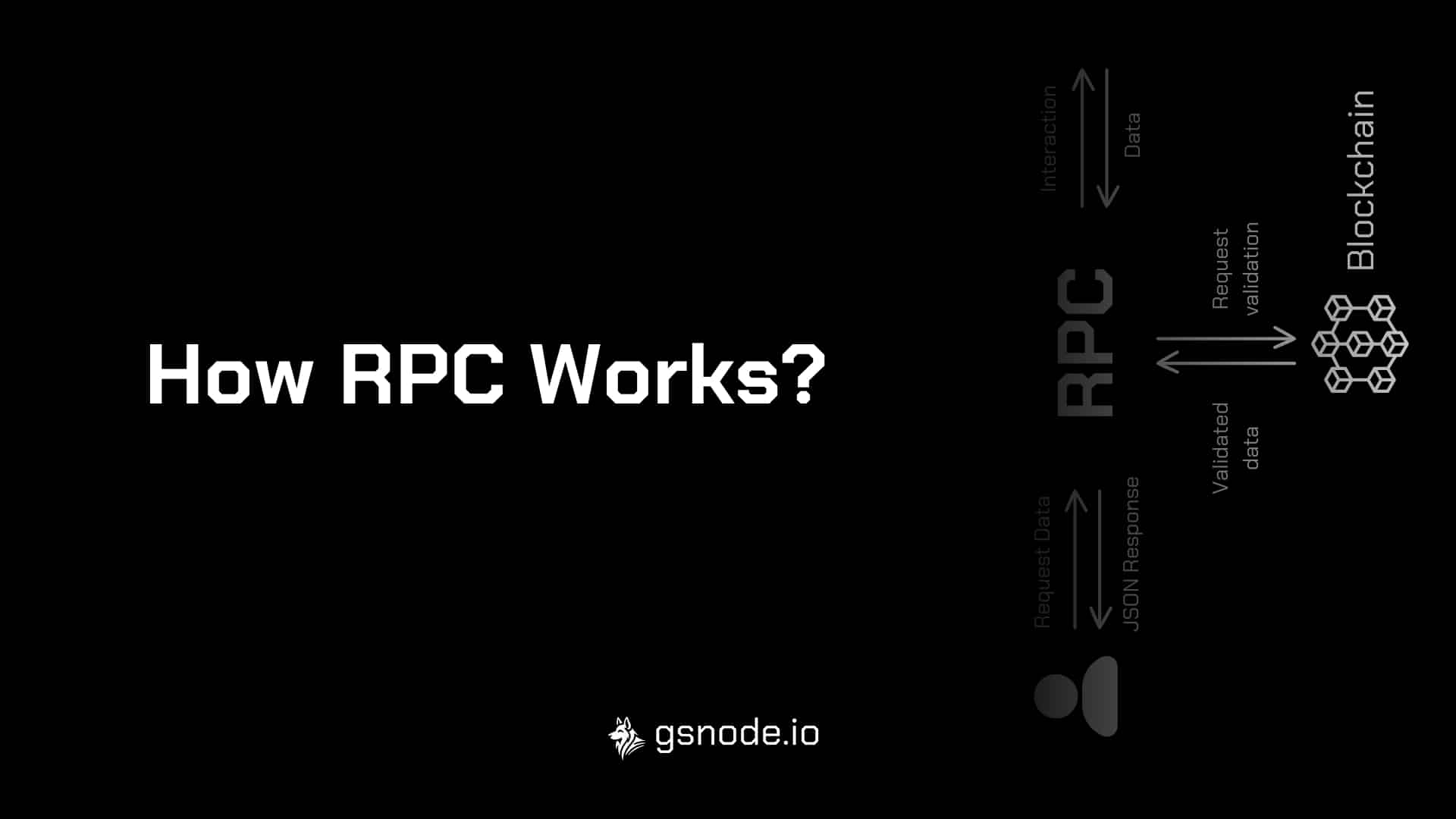What are Solana RPC
What are Solana RPC Nodes: An Introductory Guide
In this article, we will explain in a clear and technical manner what Solana RPC nodes are and how they work—geared towards those taking their first steps into the blockchain ecosystem.
What Is an RPC Node?
RPC stands for Remote Procedure Call. Simply put, an RPC node is a server that acts as an intermediary between users (or applications) and the Solana blockchain.
When an application needs to read data or submit a transaction (applications like bots, liquidity pool creators, aggregators, etc), it sends a request to an RPC node, which processes the request and returns the corresponding response.
Key Functions of a Solana RPC Node
1. Blockchain Interaction:
RPC nodes allow developers and users to query blockchain data, such as account balances, transaction histories, and account states, without the need to run a full node on their own infrastructure.
2. Transaction Submission and Confirmation:
When you submit a transaction, the RPC node forwards it to the Solana network, facilitating its validation and inclusion in a block. This process is crucial for any operation—from token creation to interacting with smart contracts.
3. Enhanced Accessibility and Scalability:
How Do Solana RPC Nodes Work?
The interaction between a client and an RPC node is based on a client-server protocol. Here’s a brief overview of the process:

1. Client Request:
An application or user sends a JSON-RPC request. This request specifies the method to invoke (for example, getBalanceto check an account’s balance) along with any necessary parameters.
2. Processing the Request:
The RPC node receives the request, interprets it, and either retrieves the requested information or executes the required action on the Solana network. This involves communicating with other network nodes to validate and process the transactionA signed data packet that contains instructions to transfer … More or query.
3. Server Response:
After processing, the RPC node returns a structured JSON response. This response contains the requested data or the result of the transaction, including any error messages if applicable.
4. Error Handling and Validation:
RPC nodes are designed to handle errors robustly. If a request is malformed or a transaction fails, the node will return a detailed error message to help developers identify and resolve the issue.
Free RPC Node on GS Node Discord
To help you get started, GS Node is offering a free RPC node available through our Discord community. This free node comes with a rate limit of 50 TPS (transactions per second), making it a perfect introduction to the Solana ecosystem without upfront costs.
By joining our Discord server, you not only gain access to this free resource but also connect with a community of developers and enthusiasts who are eager to share insights and help you optimize your blockchain projects.
Considerations for New Users
While RPC nodes simplify access to the blockchain, keep in mind these important points:
Usage Limitations:
Free nodes often come with usage limits. The free node from GS Node offers 50 TPS, which is ideal for testing and small-scale projects. As your project grows, consider scaling your infrastructure to meet higher demands.
Security and Reliability:
RPCs are not cheap so choose reliable RPC providers to ensure the integrity and availability of your blockchain interactions. GS Node’s offering is backed by a robust network designed to maintain high performance and security.
Monitoring and Optimization:
Regularly monitor performance and request volumes. This practice helps identify potential bottlenecks and optimizes the user experience, ensuring smooth operations as you scale.
Conclusion
RPC nodes are a critical component in the Solana ecosystem, enabling efficient and secure interactions between users and the blockchain. Understanding how they function is key to developing robust, scalable applications and tapping into the many opportunities that blockchain technology offers.
Ale Watters
Engineer. CEO of GS Node. Marketing Manager at Smithii.

